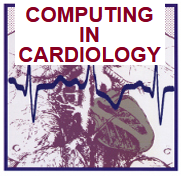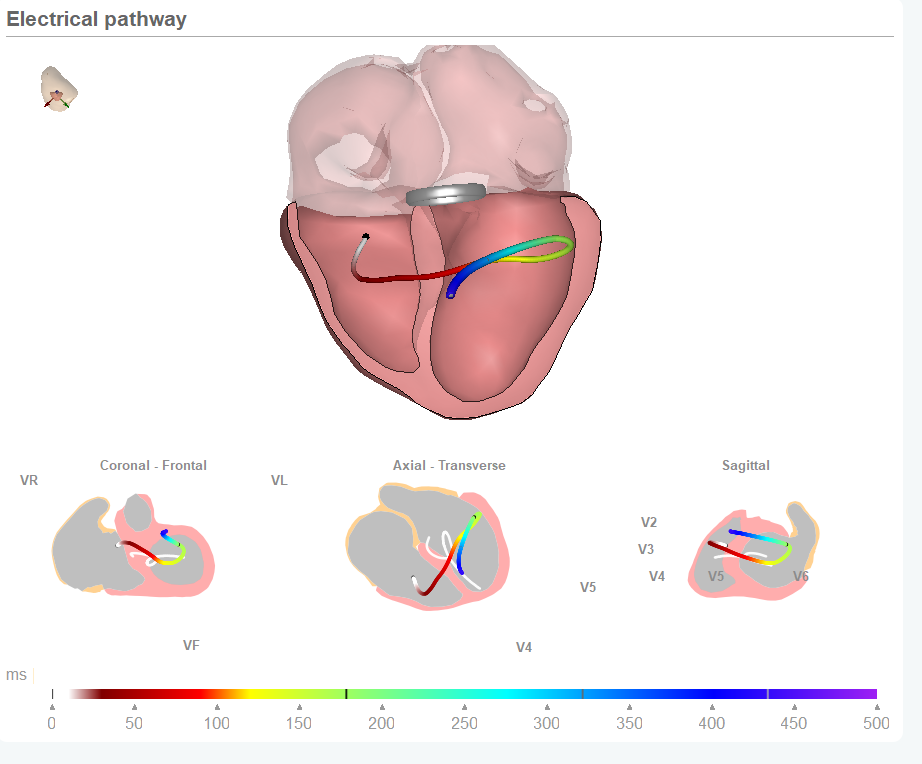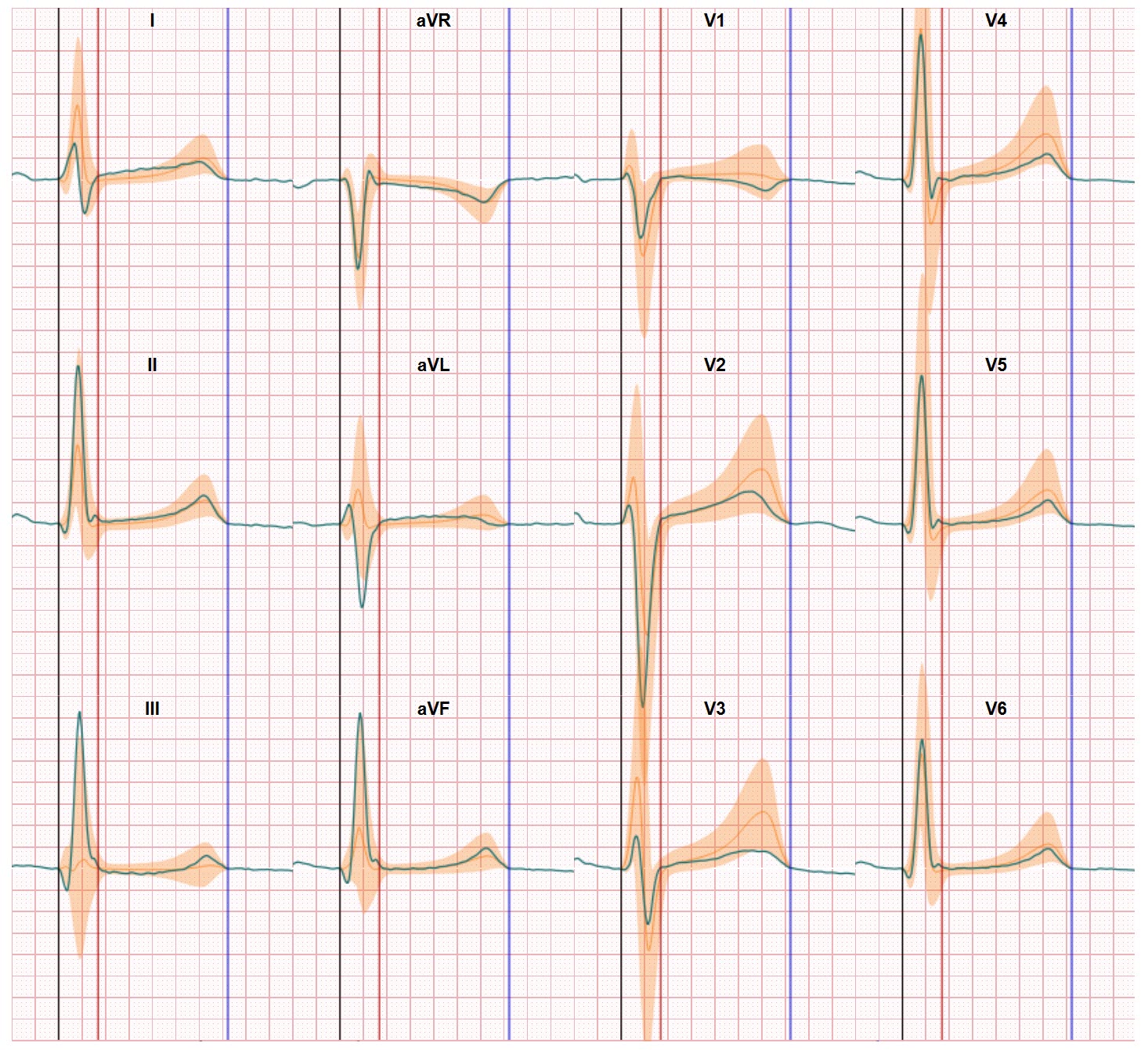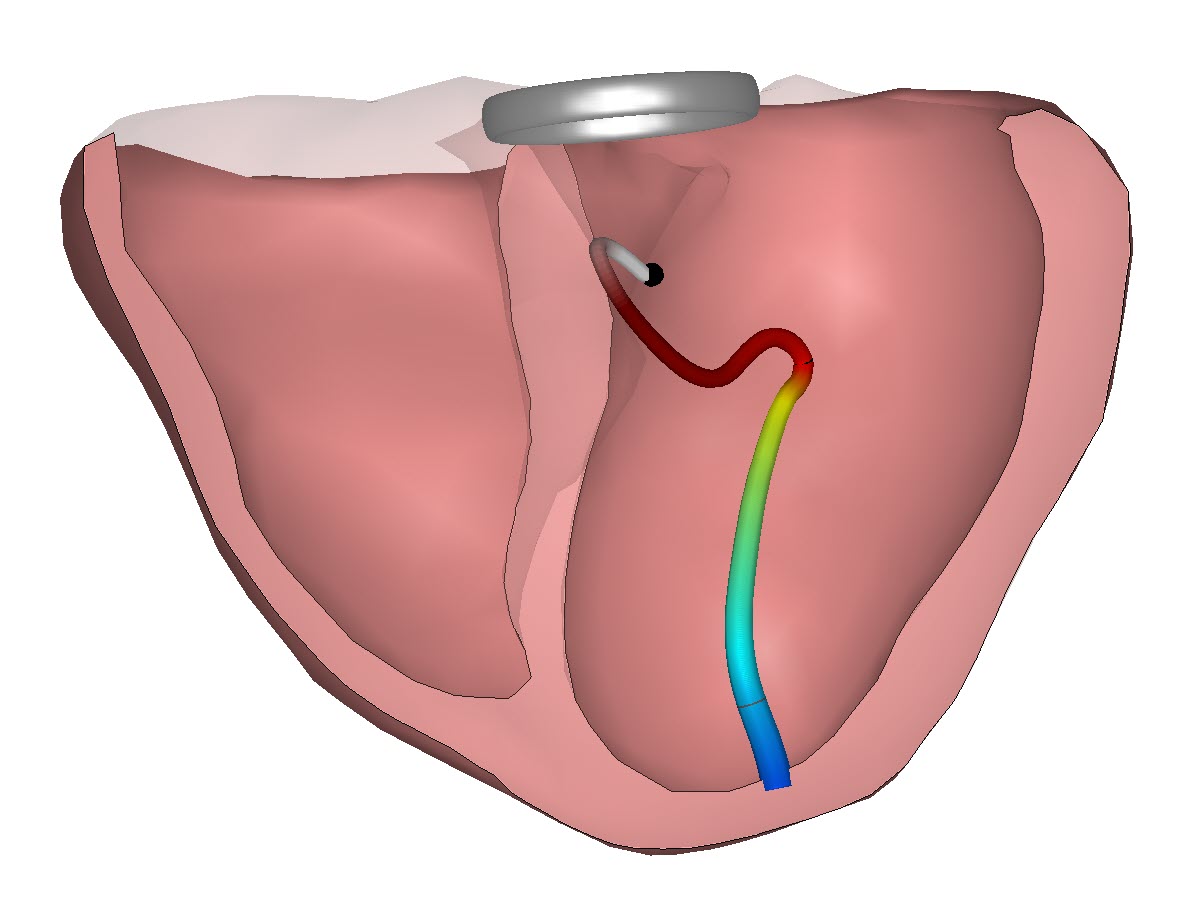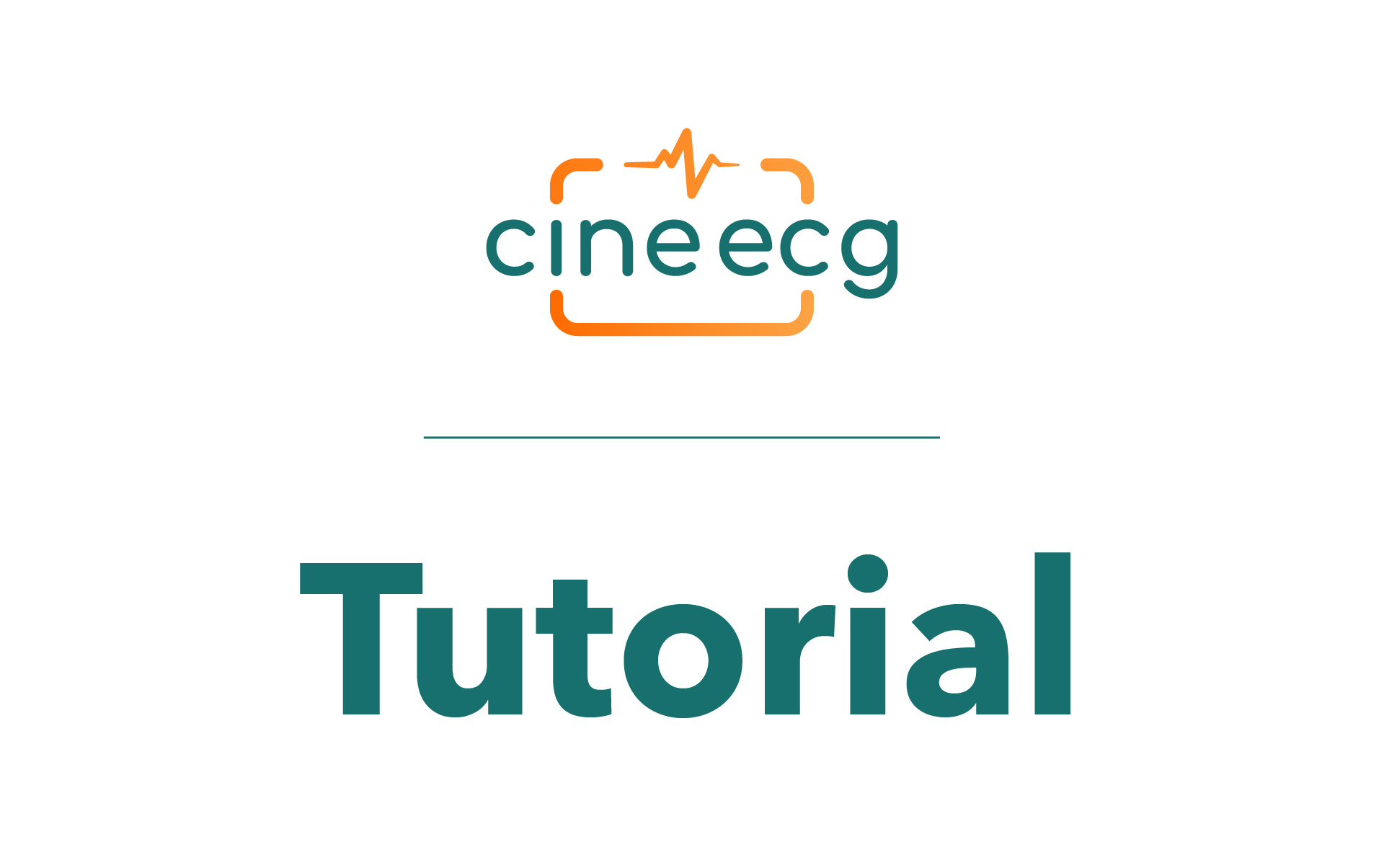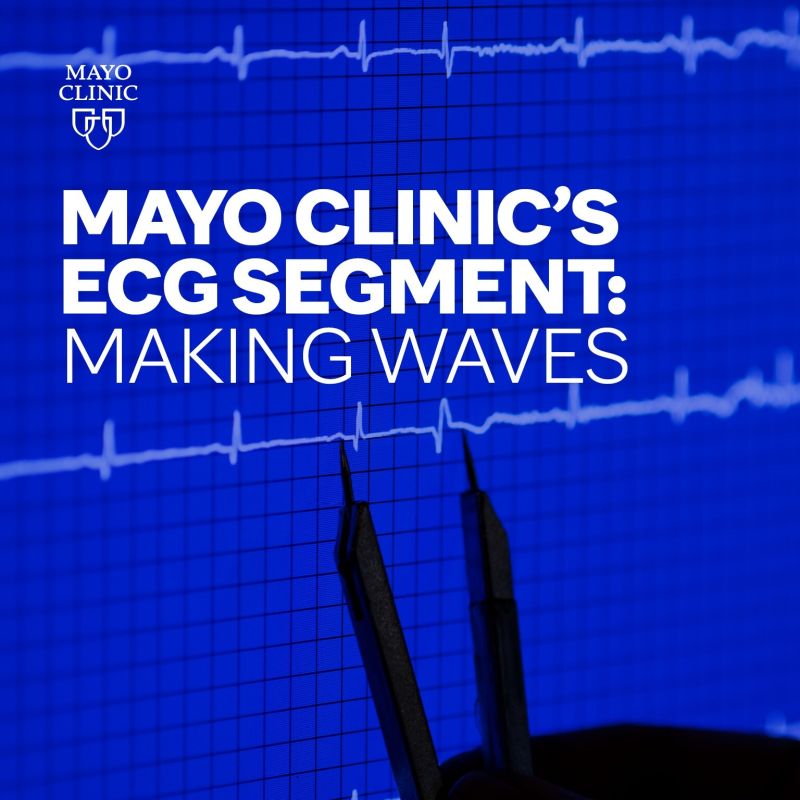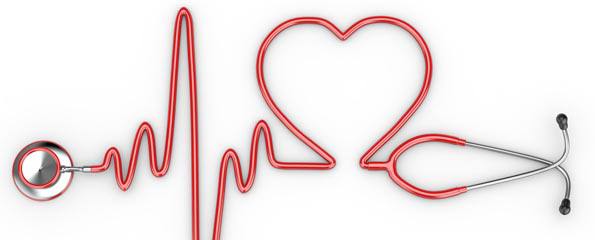In 1974 a international group of scientists, clinicians and industry specialists started an initiative to move ECG diagnostics into the digital age. Until 1974 research in cardiology was almost done without using computing power. Today, this is scarcely imaginable, just working with pen, paper and the calculator. The group of initiators decided that to increase acceleration in cardiology research the best format would be an annual conference. They named the conference Computers in Cardiology. From that first moment in 1974 the focus did not go to the computing devices but to the applications which would support cardiology and cardiovascular physiology in both their research and clinical practice.
In 2010 the conference changed its name into Computing in Cardiology which better reflects this focus on methods and results of computation.
Through this conference almost all of the innovations which have been adopted in Cardiology technology have been presented. Most often at a preliminary stage. CinC as the conference is called in the community also has this great feature of offering a platform to young cardiology researchers (PhD level) to present their early stage findings and discuss them with the senior peers in the audience. More information on CinC can be found here
CinC community is alive
Computing in Cardiology is about more than organizing a conference, it is a society of engineers, physicians, and scientists who share a common passion for exploiting the power of computing to understand, diagnose, and treat all aspects of the heart. CinC is a diverse, international community that meets in person once a year to share ideas and breakthroughs.
To support the community and to better facilitate this interaction CinC has set up an online forum that helps to foster communications within thecommunity, to find each other, to propose ideas, and to inform each other about opportunities that engage and promote research and science.
CinC and CineECG in Finland
This year’s CinC conference is held in Tampere Finland. Hundreds of attendants are visiting and presenting in the 3 days event. The plus 100 sessions during these days are focused on the key challenges: ECG analysis, heart rate analysis, arrhythmias, blood pressure analysis, ECG signal processing, Simulation, Computerized heart models, Cardiovascular Imaging. And sessions which focus on our key competences: ECG waveform analysis and Inverse Cardiac Modeling. We are looking forward to present our latest findings and results in using our CineECG technology which is already delivering clinical value in ECG diagnostics and is gaining more and more evidence of its value in heart disease detection.
